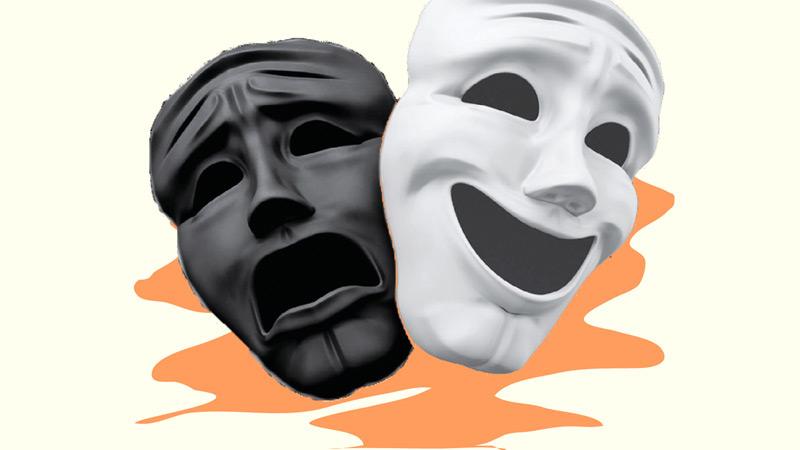
I begin this writing asking two questions.
1. What are we doing when we are watching a film?
2. How do we read a film?
 It is true that these are not new questions. But what I am raising here are other questions that are linked to those two questions.
It is true that these are not new questions. But what I am raising here are other questions that are linked to those two questions.
One such question that arises in is that whether the reality portrayed in cinema is a representation of reality. Or is it something that varies according to the cultural context? The question arises as to where the spectator is in relation to a film.
Critic Christian Metz seeks answers to these questions using psycho analysis. In his book ‘Imaginary Signifier’, he builds a very broad dialogue about this.
Metz’s approach is theoretical approach based on Lacan’s teachings.
He admits that the cinema’s signifier is highly perpetual to the spectator. But we have to admit that cinema is different from other visual arts (drama, opera and art).
The difference is that cinema is more perpetual than other visual arts.
However, in cinema, spectator and spectacle do not share the same space. Nothing we see in a movie is really happening in a movie theatre.
They are all pre- recorded. That is one of the features of cinema is the presence and absence of something. Metz likens the movie screen to a mirror, combining Lacanian interpretations. However cinema is a special kind of mirror.
 According to psychoanalysis the mirror acts as a metaphor in building the subject’s ego. That is, a small child sees himself in the mirror for the first time and identifies with the image he sees there. Someone tells the image he sees in the mirror is he.
According to psychoanalysis the mirror acts as a metaphor in building the subject’s ego. That is, a small child sees himself in the mirror for the first time and identifies with the image he sees there. Someone tells the image he sees in the mirror is he.
Then he identifies with him but he is not there and it is only an image of him. It is at this point that the subject first learns what loss means.
The spectator also sees in a mirror which is called the movie screen. Then he is where the camera is. If the film is a mirror, he tries to identify with its protagonist. Eventually it becomes identification with the camera. By setting out the location of the camera to the spectator, Metz defines the spectator as a voyeur.
There are even movies themed on voyeurism. You may remember how Norman in Hitchcock’s movie ‘Psycho’ watches the Marian bath scene through a small hole.
Here the film operates as a signifier and its subject is the spectator.
One can question how spectator becomes a subject. Psychoanalyst film critics introduce a concept called suture.
It’s a term used in medicine. Suture means to sew a wound as well as a seam.(Deepthi Kumara Gunarathna in his text titled ‘Hysteria’ explains this point by his review of the film Hansa Wilak.).
Jaque Allen Miller defines suture as follows:
“It’s a procedure, by means of which cinematic texts confer subjectivity upon their viewers.”
This means that the film is a signifier and the spectator subject. This subjectivity is conferred upon him by the concept of suture. It’s something that belongs to psychoanalysis.
We do not watch a film with an empty mind. An audience with various social connections is sitting in front of the cinema screen.
In front of us a mirror called a movie screen. If it is a mirror, what function a mirror perform?
In fact we see ourselves in a mirror. The first thing we learn about ourselves is through a mirror. For Lacan we have to be gone through a mirror stage.
This is, at the age of eighteen months we see ourselves in a mirror.
This is known as the child’s imaginary stage. This means that he has not yet entered the culture. Knowing that the child sees his own image is an imaginative study of him. And it is narcissistic.
The movie screen is a mirror to the spectator of a movie, but he is not an eighteen month old baby.
He is the one who has built his life in symbolic register. He is not in an imaginary stage. This spectator carries some kind of thought structure. This is why the screen takes on a special form of being a mirror to him.
To better understand these points, we need to talk more about Lacanian theoretical readings on the mirror stage. I have to postpone that discussion until next column.
To be continued
